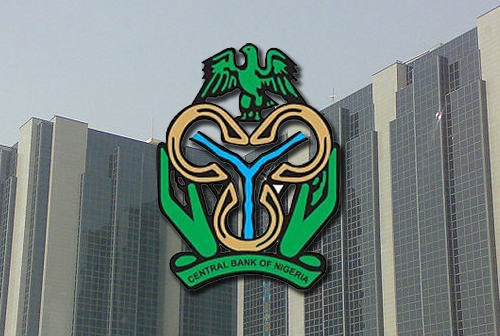
The Nigerian economy is fragile and may slide into a double dip recession. A double-dip recession refers to a recession followed by a short-lived recovery, followed by another recession. This is the warning issued by the Central Bank of Nigeria (CBN) this week after the Monetary Policy Committee (MPC) meeting to fix rates and ruminate on the economy. This warning should not be taken lightly and requires all hands to be on deck to stave off the untoward effects such a slump may inflict on the people.
Here is the trajectory of the economy in the last three quarters as a perspective to why the CBN has to cry out: three quarters after exiting the recession in January 2018, GDP was at 2.11 percent. Then it dropped to 1.95 percent one quarter after and then it fell further to 1.5 per cent by the end of June. Growth or GDP has been experiencing negative growth and the feeling is that if this continues, the economy will inevitably slip into the feared economic state of recession.
The CBN warned that the spectre of a recession would be inevitable if government fails to implement the 2018 budget, create employment and increase minimum wage. If the CBN’s fears are based on these three issues then they are well founded. The issues are entrenched in the aggregate demand formula which stipulates that government consumption, household expenditure, private sector investments and net exports are the ingredients for growth in GDP. So far there has been no appreciable improvement in any, if anything they have been retrogressing.
Government expenditure is reflected in the annual budgets. The National Assembly only recently approved the budget after a prolonged back and forth. With only one quarter left to expend a N9 trillion budget, critical infrastructure will suffer. Jobs to be created from infrastructure expenditure will not materialise. Under this condition, there’s bound to be little growth, if any.
A combination of government expenditure and private sector investment are expected to lead to growth in employment. but the reality is that a combined, 40% of the country’s labour force are either underemployed or have no job, according to data recently released from the National Bureau of Statistics (NBS). This is against the backdrop that the private sector activity is stalled due to declining credit. Once again, aggregate demand is stifled for this reason.
On the minimum wage, the concern is that the ability of the generality of the people to make purchases critical to the growth of the consumption aspect of the aggregate demand curve is restricted with low incomes. There needs to be a significant rise to their incomes to cause a bump. Where this is lacking, the Keynesian cross or aggregate demand curve will continue to shift to the left in the short term and can contribute significantly in triggering a recession.
The solutions reeled out by the CBN are also not farfetched. Government is advised as a matter of urgency to take advantage of rising oil price now at to rebuild fiscal buffers and reverse trend of decline in output growth. One such fiscal buffer is the external reserve that has shrunk to $44 billion from $45 billion although this appears certain given that oil now trades above the benchmark $51 price. It is noted that output or GDP has been on the decline in the last two quarters from 1.95 percent to 1.50 percent. It is this decline that CBN is asking the FG to halt.
Managers of the economy especially on the fiscal side are therefore urged to not let the economy slip. They must do all in their powers to ensure that the gains of exiting the recession are further built upon. The 2018 budget must be fully implemented and work must begin on the 2019 budget. They must grow the real sector that has been on the decline since 2015. They should completely arrest the herders/farmers crisis because of its potential to cause food shortage and harm the economy.
For the long haul, we urge government to cut down on the number of loans being sought from foreign government. We encourage government to strengthen the private sector as well as developmental lending institutions to finance the real sector to help consolidate the future of growth.
It is doubtful that government can get these done now that it has completely abandoned governance and the economy for politicking. We, however, urge that they face the real issues and prevent the economy from drifting to ruin.
END

Be the first to comment